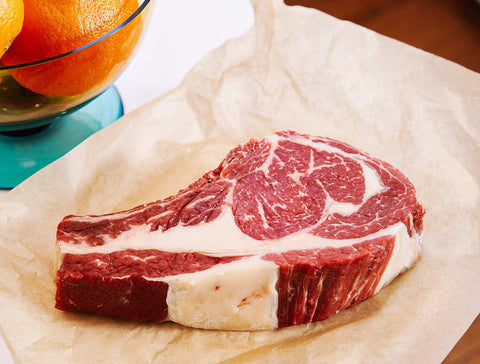Whilst we can often get caught up on the right ‘age’ to introduce solids, it is more important to observe for your babies developmental signs of readiness; as all babies develop at their own pace, in their own time! Just like some babies will walk at 9 months and others will walk at 18 months, there is no real ‘normal’.
The current guidelines recommend solids begin at 6 months of age, but not before 4 months of age, with exclusive (meaning no other food or drink) breastmilk/formula given until then. This guideline has been set at 6 months because this is when MOST babies would meet the signs of readiness. However, some babies may reach them a bit earlier around 5.5 months, and some a bit later around 7 months. If you have a 4-5 month old that you feel is starting to show some interest in solids, read this blog post for some ideas on how to nurture this time.
The signs of readiness are important because they are indicators that your babies delicate and intricate digestive system is ready to handle solid foods. These signs are:
-
Your baby is able to sit up, unassisted. They may still topple a little bit, but they can support themselves in that seated position for a period of time, without the aid of a bumbo or stuffing the highchair. This sign is the most vital, as our digestive systems are made up of muscles, which aid in moving the food from the mouth through the digestive system and back out through the bottom. When a baby has enough core strength to sit on their own, this is a good indication that their digestive system muscles are strong enough for food!
-
Baby shows an interest in foods - this can happen around 4 months, which often confuses parents that they are ready for solids; so it's a good sign, but shouldn’t be the only sign :)
-
Baby has lost the tongue thrust reflex, which is an automatic reflex that pushes food (or other objects) out of their mouth to prevent choking.
-
Can turn their head towards or away from food to indicate they have had enough/want more.
-
Are developing a pincer grasp (where they can pick food up with their finger/thumb as opposed to their whole palm) however this is usually developing and can take a few months of practice to master!







